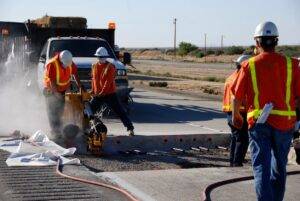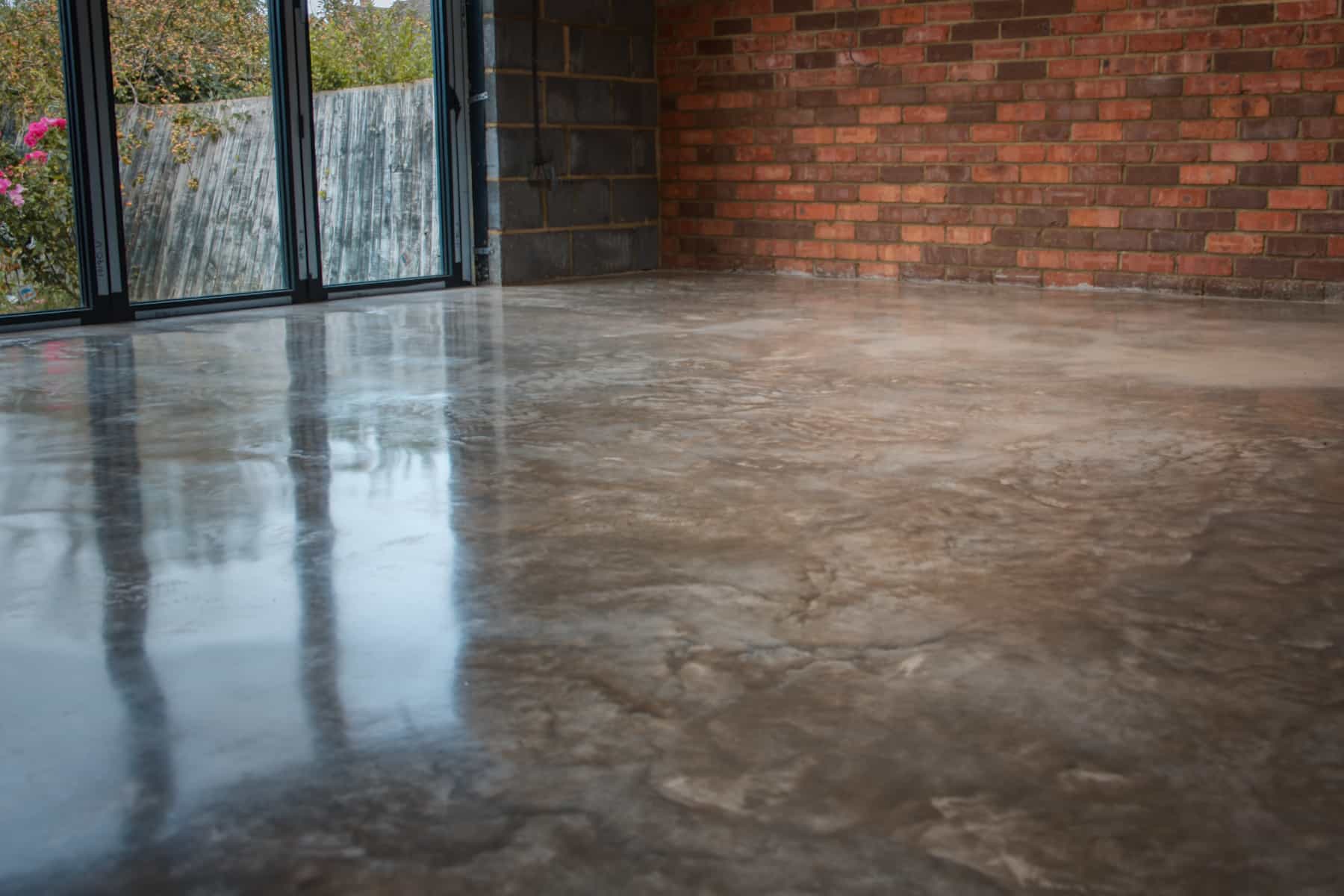The Importance of Timely Infrastructure Repairs
Timely infrastructure repairs are crucial to upholding structures and systems that define modern living. As cities grow and the demands on our infrastructure increase, the implications of deferring maintenance are becoming more apparent. This article examines the importance of a timely response and proactive management of infrastructure repairs, shedding light on the benefits, the types of infrastructure most impacted, and the dire consequences of neglect.
The Meaning Behind Swift Fixes
When discussing infrastructure, we’re not only referring to public works like roads and bridges but also the home systems that sustain our daily lives. Imagine a scenario where a small crack in a dam escalates into a catastrophic event when left untouched. Conversely, a crack patched promptly allows operations to continue unhindered. This juxtaposition highlights the critical link between timeliness and the broader functioning of community structures.
A Stitch in Time Saves More Than Nine
 Early repairs avert potential disasters and lead to significant cost savings. A classic example is a pothole. Once small, a pothole quickly grows with continuous vehicular wear, surrounding weather, and water, causing the pavement to erode. But when patched promptly, the cost is minor. This logic also applies to major city projects—fixing sooner is better for finances and public safety.
Early repairs avert potential disasters and lead to significant cost savings. A classic example is a pothole. Once small, a pothole quickly grows with continuous vehicular wear, surrounding weather, and water, causing the pavement to erode. But when patched promptly, the cost is minor. This logic also applies to major city projects—fixing sooner is better for finances and public safety.
Understanding the Gamut of Infrastructure Repairs
From the roads we drive on to the wires that power our homes, infrastructure is vast and varied. Each type demands its own repair approach, and understanding the nuances of these systems is essential to managing the complex web of urban infrastructure. For example, emergency sewer line repairs pose unique challenges and requires careful planning to minimize service disruptions and public health concerns.
The Dire Consequences of Deferred Repairs
What happens when there are delayed repairs? Safety risks and increased costs are just the tip of the iceberg. Delayed infrastructure fixes also ripple out, disrupting services, exacerbating existing conditions, improving repair times, and degrading the overall quality of life. The effects are financial and social and impact communities on a personal level.
The importance of timely infrastructure repairs extends beyond city streets, highways, and bridges and trickles into daily living and modern society. When cities and fundamental organizations respond to damage and small snafus in an urgent manner, larger, more catastrophic repairs, and happenstances become less burdensome and more strategic.





8 Comments
gloria patterson
We are a good size town and they keep up with stuff most of the time. The last 2 weeks they have been filling pot holes………………. and that is a joy for us. This summer they resurfaced the road in front of our building. And the cable company has been doing work.
Its important to keep up with it
Connie: The Head Peanut
Absolutely! I wish we didn’t have a private road but the other 8 people that live on the road are adamant we stay private. Soooooooo pothole city it is. OF course, it does make people drive slow. AND we do not get looky loos.
heather
It is important to keep up on infrastructure repairs. They do a pretty decent job on repairs in the town by me.
Connie: The Head Peanut
That’s really good. Sandpoint does a really good job too. EXCEPT we live on a private dirt road and they don’t do ours. Between all the snow, then rain, then snow, then rain… we have a giant pot hole.
gloria patterson
My brother has a LONG driveway straight up the hill!! And if he does not stay on it almost impossible to get up the road. He had 3 truck load of gravel brought in last week. Then hired a couple of guys to spread it.
Connie: The Head Peanut
OHMYGOSH our drive is the same. Remember last winter where my car slid down but THANKFULLY stopped before it went over the cliff. THAT was scary. Thank heavens for the tractor or I think my car would have had to live there till spring.
Tamra Phelps
The city I’m originally from was pretty good about doing infrastructure repairs. But the one i live in now, not so much. Every road has potholes. Public areas seem to just decline.
Connie: The Head Peanut
Doesn’t that make you sad?